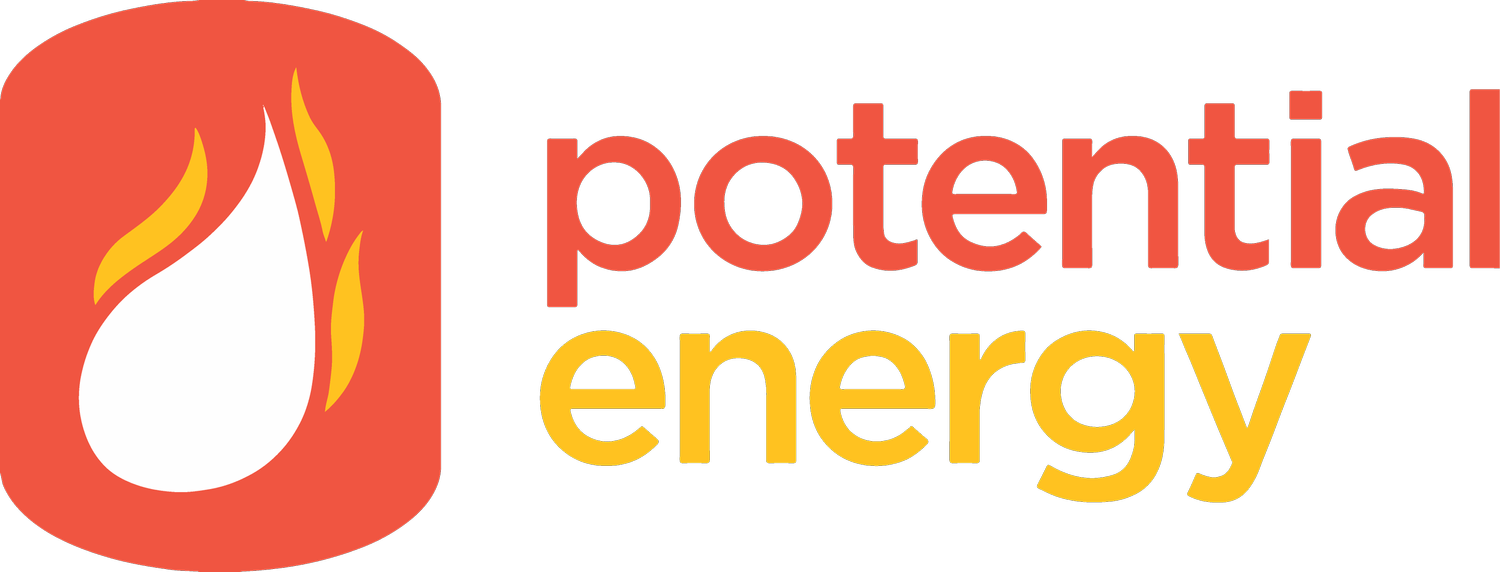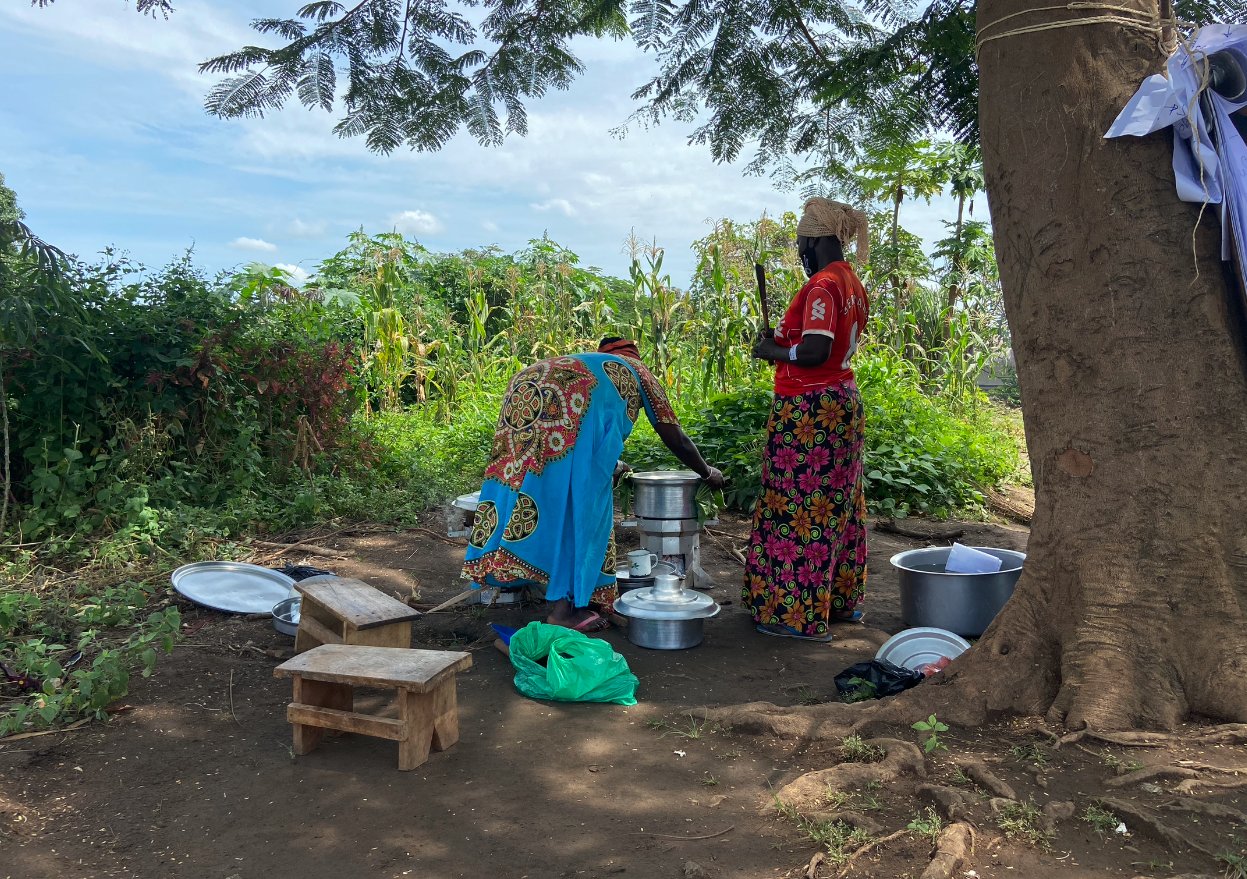
What our not for profit organization does
What We Do
Designed by scientists and engineers at Lawrence Berkeley National Laboratory, volunteers from Engineers Without Borders and local Darfuri women, our Berkeley-Darfur Stove (BDS) is a high-efficiency cookstove adapted to local saucepans, customs, and cooking practices.
It uses natural-draft, and burns natural fuelwood, thus it does not require either electricity nor expensive pelletized fuel. Cooking is more than just preparing food. It is a centerpiece of culture — something fundamentally human. We know that offering a high-quality stove at an affordable price is an effective way to sustainably help our customers improve their lives and help the environment. Currently on its 15th version, the BDS is in a state of constant evolution, always growing more perfectly matched to the people who use it.
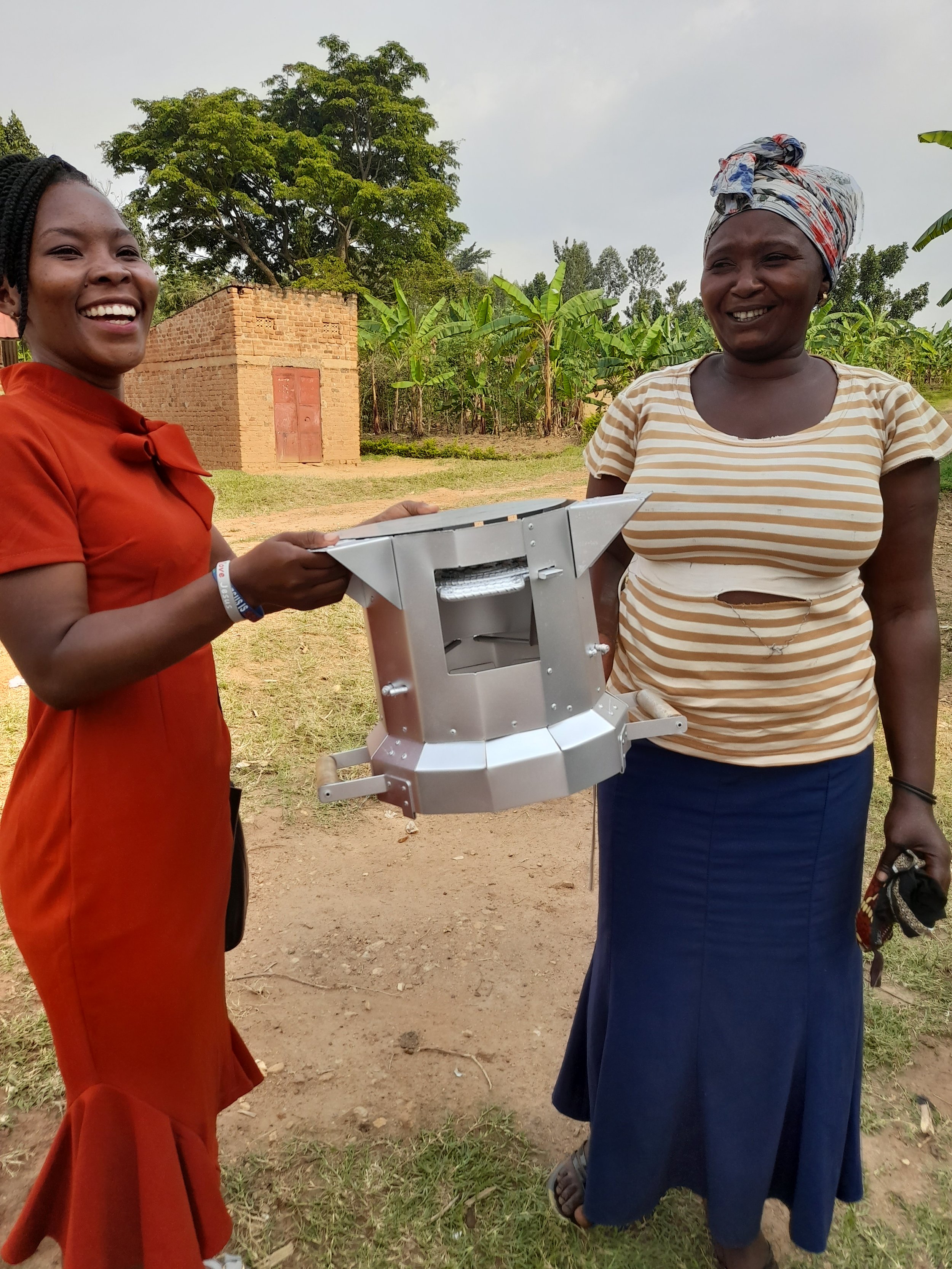
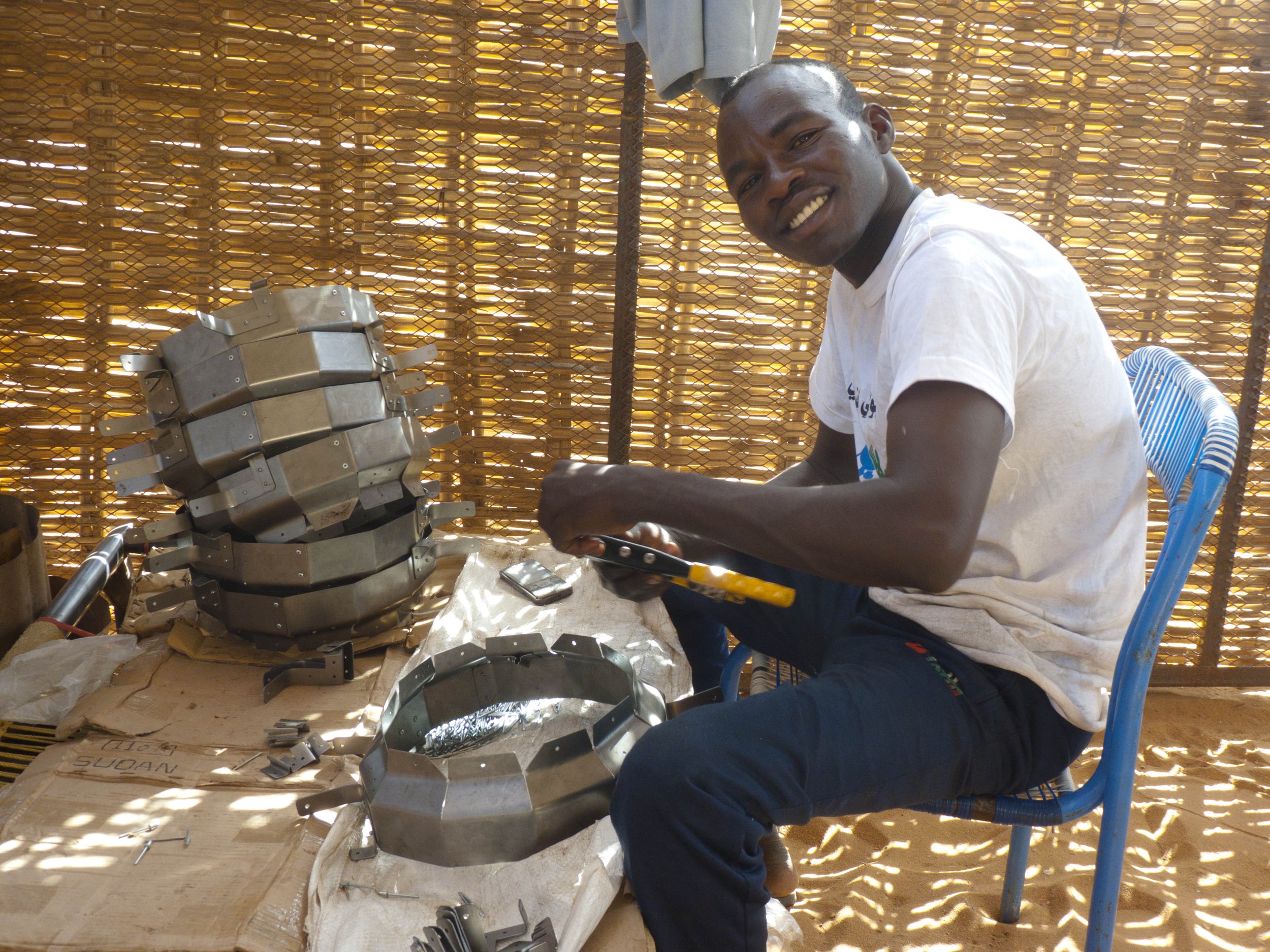
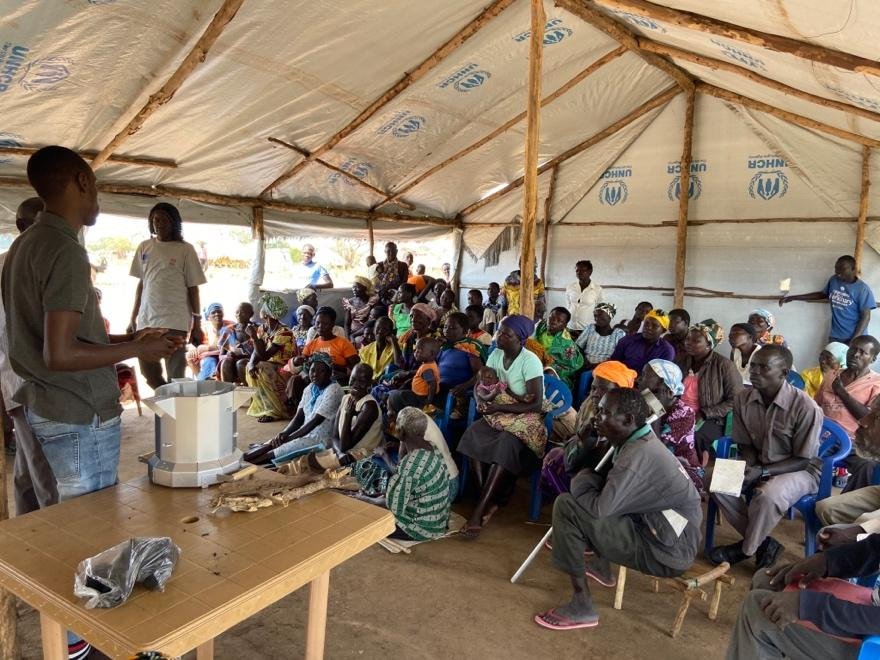
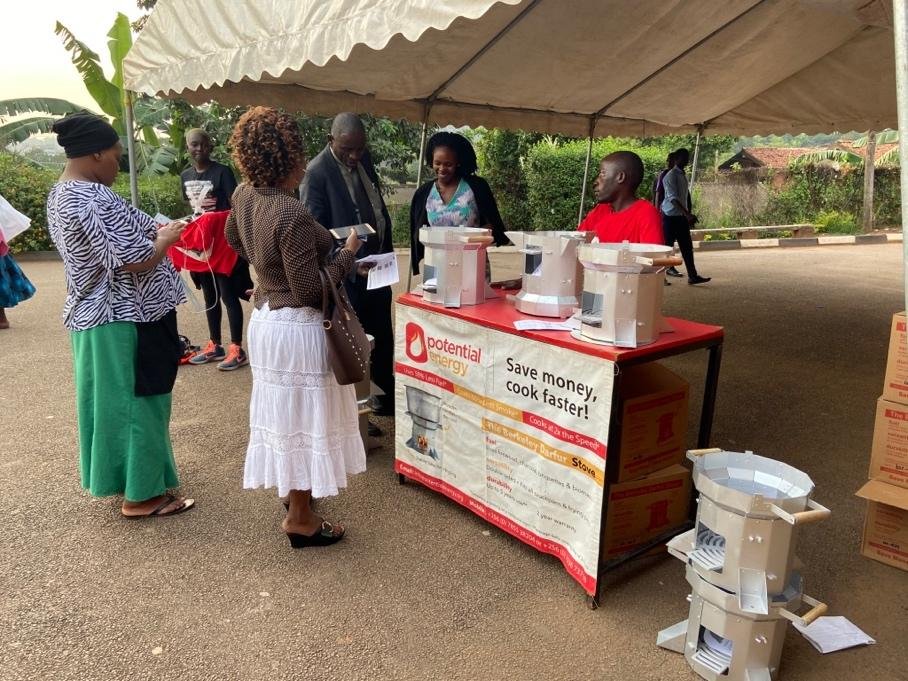
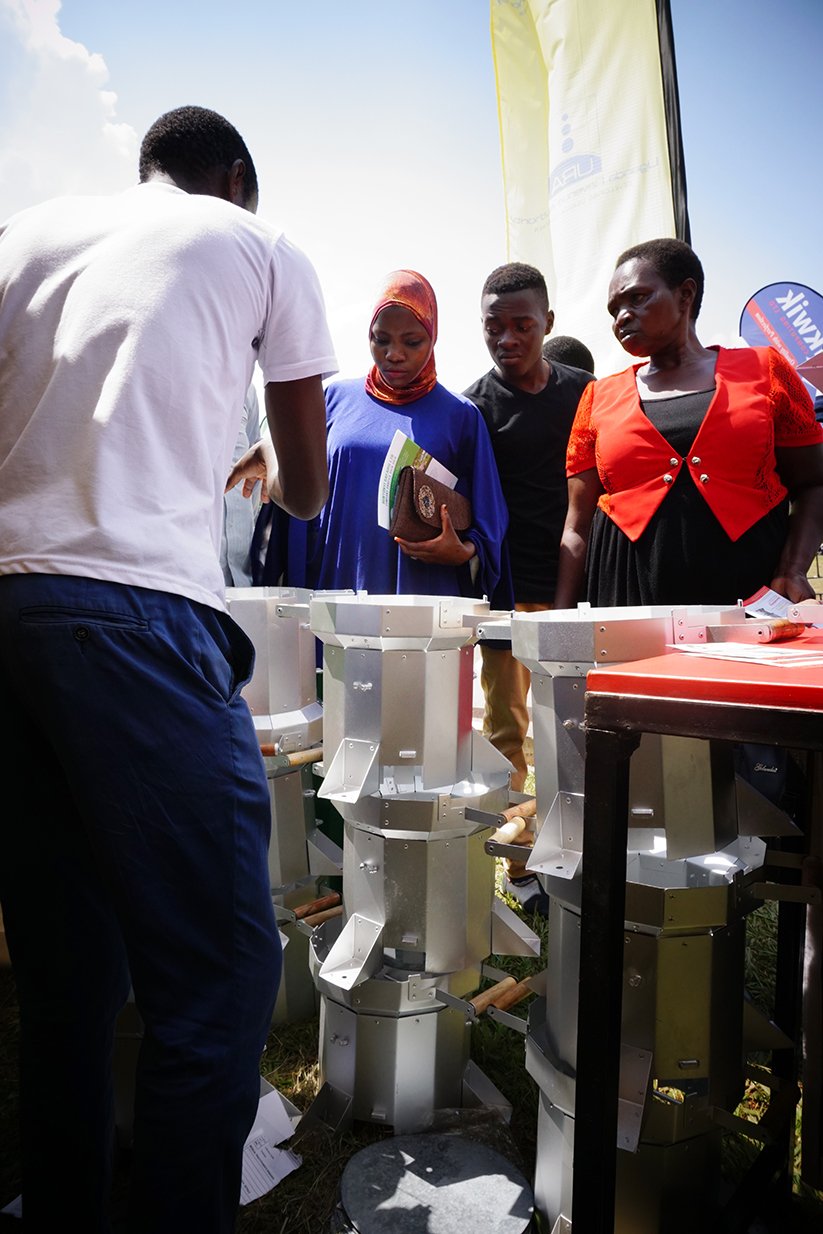
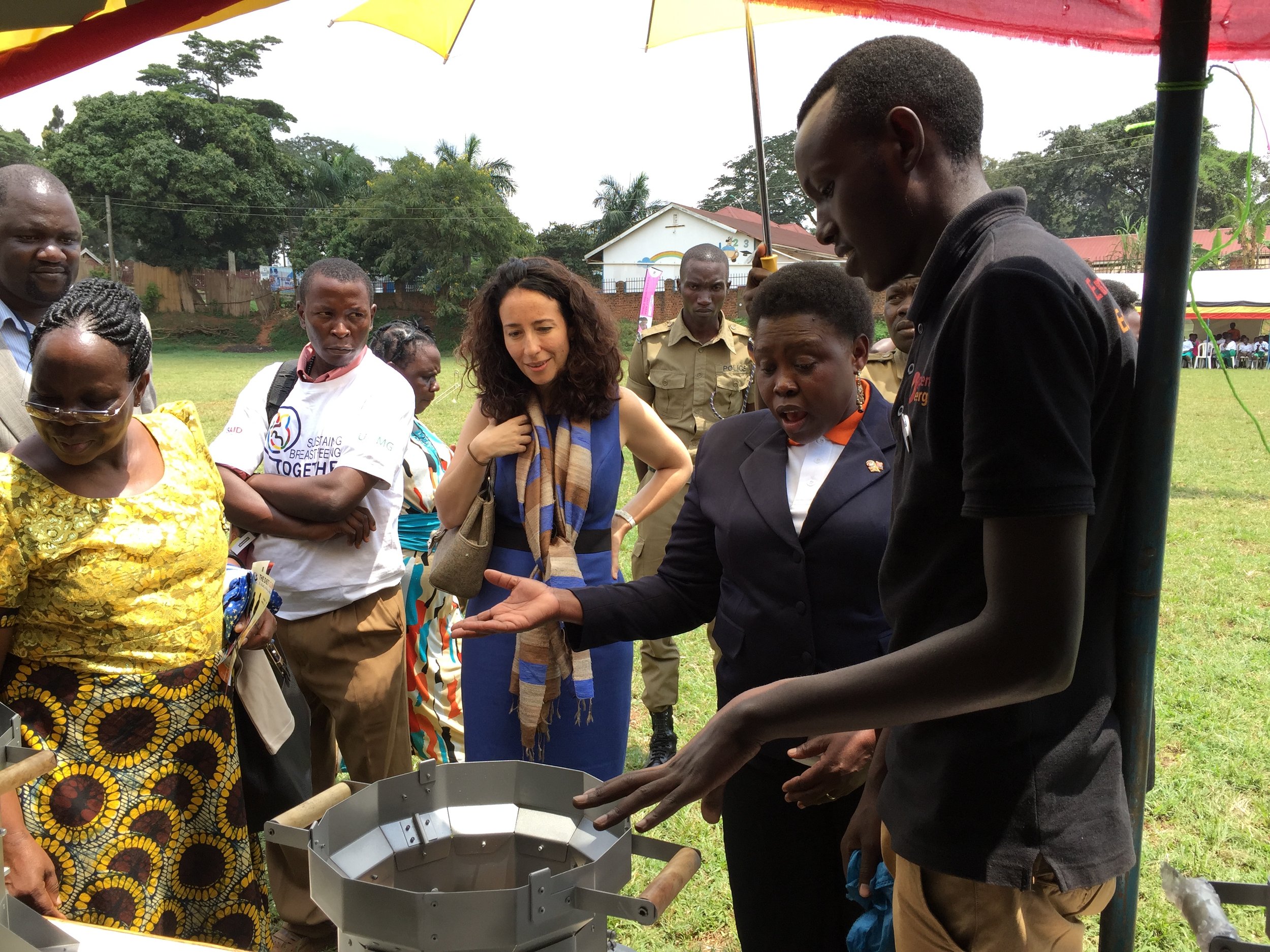
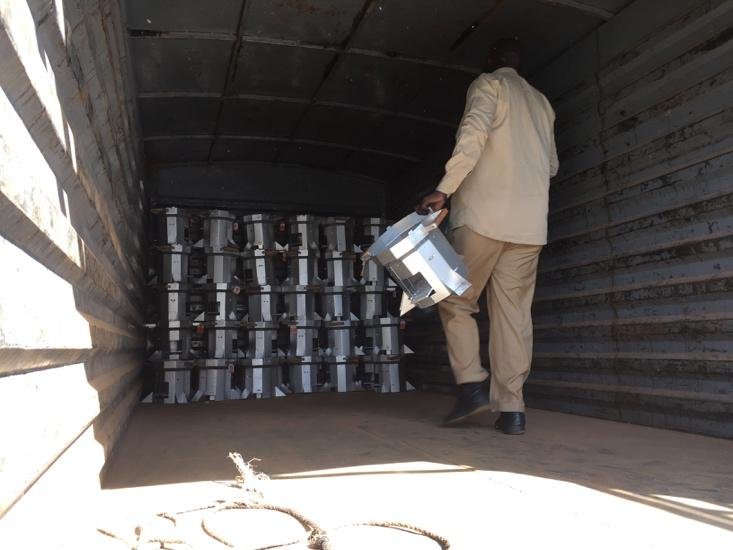
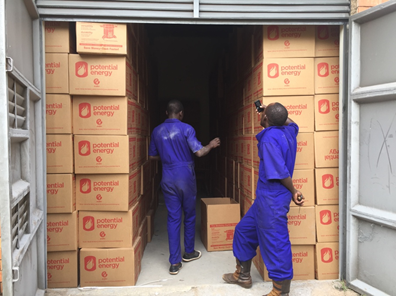
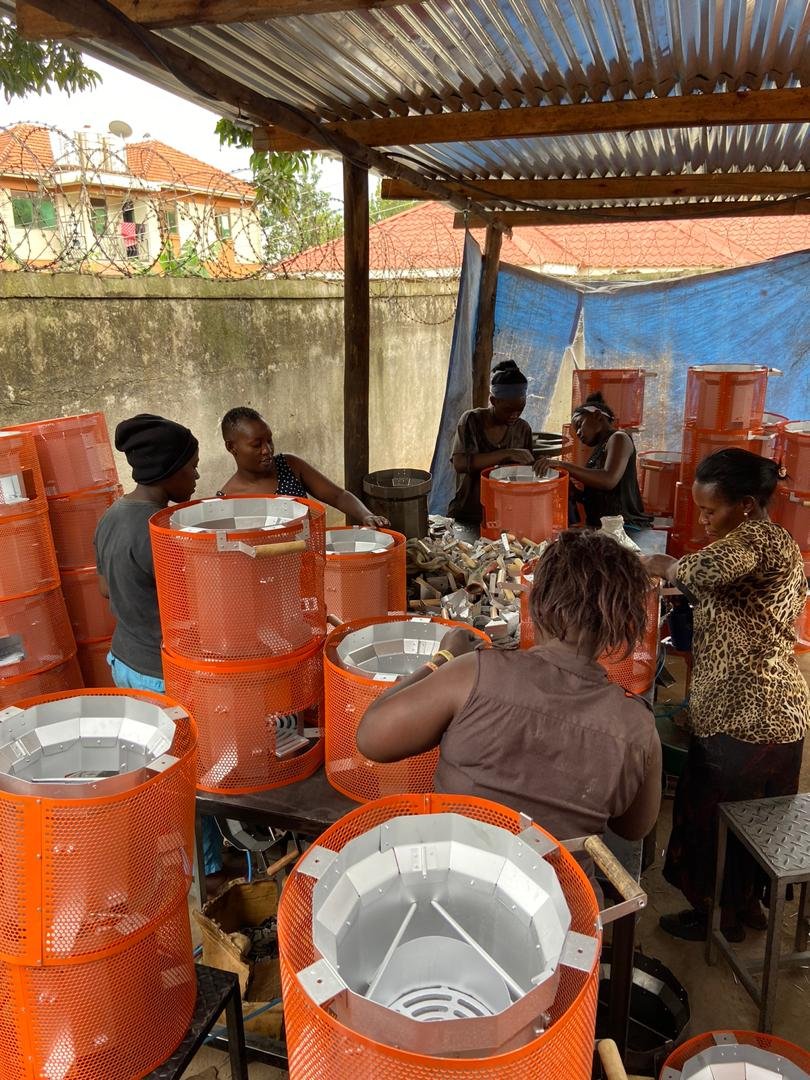
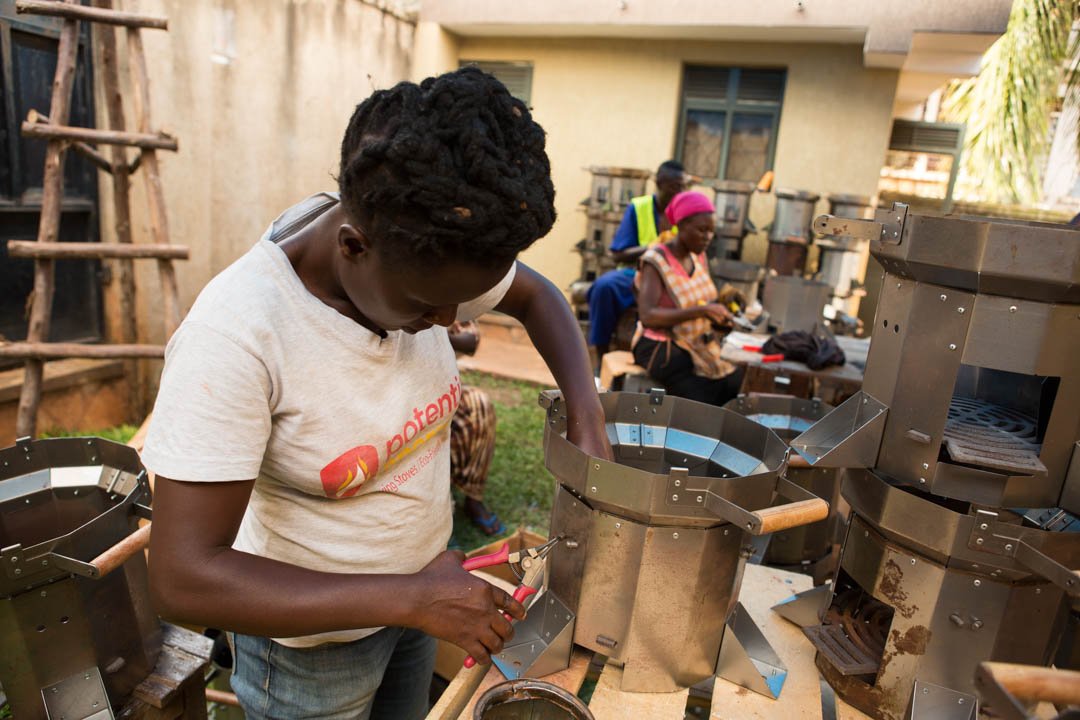
-
Interested in entering the Ugandan market with a cookstove design or fuel? We can help you assess the market, test product designs, and create prototypes. With 10-years of stove design, manufacturing and marketing experience, we can identify strengths and weaknesses of your product as they relate to the needs of local households.
-
Our stoves are manufactured as flat-kits in India and then shipped to Uganda. Once the flat-kits arrive in-country, they are assembled in our local production facility by members of the community, creating jobs and expertise. In a field dominated by men, we are proud to hire mostly local women and young adults in Uganda to assemble, market, and distribute our stoves.
-
Potential Energy empowers young people who work with us by including them in decision-making processes, offering professional development and skills training, in addition to offering interest-free loans. They have learned personal and work-related finance, budgeting, goal-setting and communication. Using their loans, each has set up and run additional income generating revenue streams such as pig farming, rental property, and a taxi service to ensure financial independence and long-term security.
-
We work with over 50 partners including international and local NGOs, private enterprises, and local associations to distribute and sell the stoves through refugee or environment programs, door-to-door retailing and in marketplaces. We employ both humanitarian and market-based approaches to distribution, depending on the partnership, and offer free training to marketers and stove users on stove benefits and uses, as well as education to communities about the importance of clean stoves.
-
We believe that humans can benefit most from technology that meets our most basic needs, such as nourishing our bodies. We want to ensure that our stoves are not only used but loved, so we regularly collect feedback from users and incorporate it into our designs. In our most rigorous study, we partnered with UC Berkeley’s Center for Effective Global Action to install heat sensors on 180 stoves and continuously monitor use for several months. The study showed very promising results, indicating high levels of usage averaging 1.5 hours per day.
